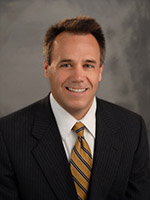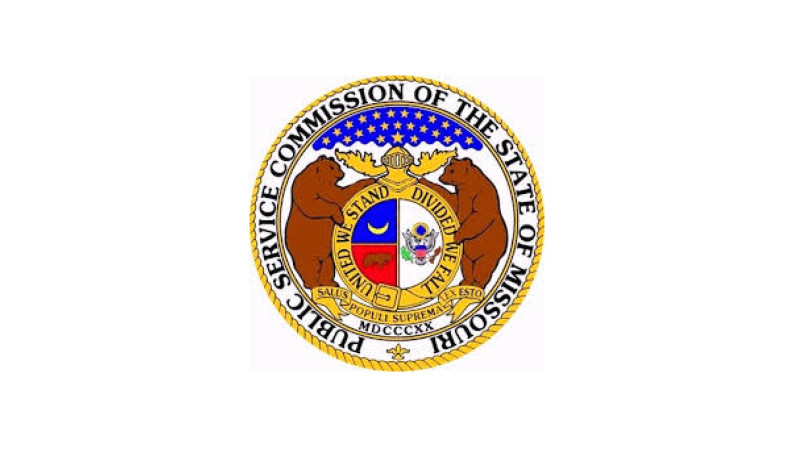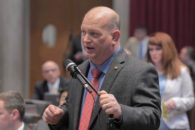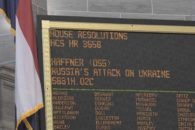JEFFERSON CITY, Mo. – The Missouri Public Service Commission (PSC) wants to relax its so-called “ex parte rules” – those that govern publicly disclosing its meetings with utilities – but only those that have nothing to do with rate and other contested cases.
The commission is seeking input over the next 30 days from utilities, consumers and business organizations that would be affected by any change in the rules. The commission may also conduct one or more workshop meetings on the subject.
Commission Chairman Daniel Hall said Monday there are a few reasons he believes the ex parte rules should be amended.

“The one currently on the books is so complex and confusing that people don’t really know what it means,” Hall said. “So the result is that commissioners will frequently refuse meetings with stakeholders because they’re concerned with running afoul of the rules.”
Utilities are often worried about rule violations, he said, some have been known to refuse a meeting with a commissioner or PSC staff.
“What the commission does is very complicated and complex and detailed and vitally important,” Hall said. “We need as much information as possible from all sides in order to make a decision that benefits Missouri. Our rules right now are as such that we are not getting as much information as we should.”
Under existing language, commissioners have to file notice of meetings 48 hours in advance and inform the Office of Public Counsel so its lawyers, which represent ratepayers, want to attend. What Hall repeatedly has called a rough draft of proposed rules would remove that notice commissioners would have to give before any meetings with utilities that are about general policy.
Hall also said he’s not sure if existing language doesn’t contradict the commission’s statutorily mandate that the commission’s rules not impose “any limitation on the free exchange of ideas, views and information between any person and the commission or any commissioner.”
The draft would also remove the section that invites the Office of Public Counsel to meetings on policy, which Acting Public Counsel James Owen took objection to. He also said that the existing rules are stringent. But there’s a reason they are.
“I’m not saying that the members on the commission right now aren’t honest and trustworthy because they are,” Owen said. “But in the future, as new commissioners are appointed, those might not be. The public wants these meetings to be transparent and open. … Right now, I have some very serious concerns about the way the draft as its written.”
Hall was adamant that he would not be in favor of any draft that would be a return to the past, a hint at the time in the mid-2000s when the commission came under fire when former Chairman Jeff Davis met privately with utility executives before a merger.
“This is not a design to go back to the days when there was little to no limitation on inappropriate communication between parties or commissioners,” Hall said. “Without a doubt, under this draft, any rule I would support would have a prohibition on any conversation between a commissioner and a party in a rate case or any substantive matter.”
After the 30 day public input period, a revised draft would be sent to the Missouri Secretary of State to start the formal rule-making process, if the commission decides to move forward with an amendment to the rule.
The PSC voted unanimously last week to launch an investigation into looking at a rule change. All of the commissioners expressed varying degrees of frustration at the current rules in place.
“I think it’s very clear to those of us who work in the industry that our current rules are confusing, cumbersome and contradictory at times,” said Commissioner Scott Rupp. “It does lead people to not provide information to help us make better informed decisions because of fear over a potential rule violation.”
After all, added Rupp, “how can the average member of the public understand if we can’t really figure out what the rules say?”









